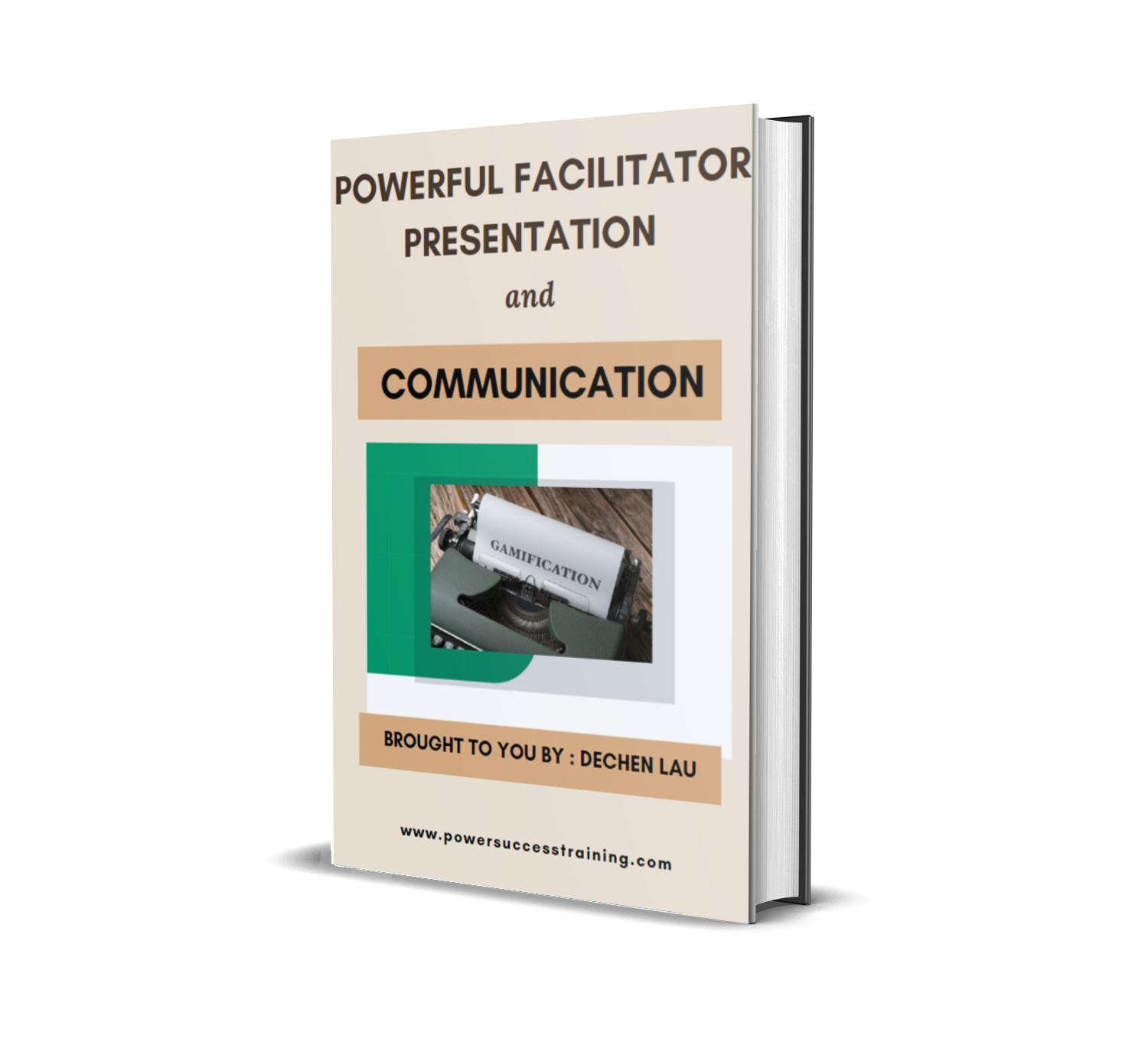Non-fiction e-books have become a popular tool for knowledge acquisition and personal development in the digital age, which has drastically changed the reading landscape. From science and history to self-help and memoirs, non-fiction e-books cover a wide range of topics to suit a variety of interests and intellectual endeavors. Non-fiction books are indispensable resources for readers who want to deepen their understanding of a variety of subjects because, in contrast to their fictional counterparts, they seek to inform, educate, and offer insights into real-world issues. Knowledge has become more accessible thanks to non-fiction e-books, which let people from all walks of life explore topics that interest them without being constrained by traditional publishing.
Key Takeaways
- Non-fiction ebooks offer a wealth of knowledge and information on a wide range of topics.
- Access and read PDF ebooks online through various platforms and devices for convenience.
- Find bestsellers in non-fiction ebooks for free through online libraries and book-sharing communities.
- Discover a wide range of free non-fiction ebooks online through websites and digital libraries.
- Utilize online ebook readers with annotation features to enhance your reading experience and make notes.
A number of factors, such as the ease of use of digital formats and the widespread availability of devices that can display them, have contributed to the growth of non-fiction e-books. With a multitude of information at their fingertips, readers can now carry entire libraries in their pockets. In addition to making reading more widely available, this change has promoted a lifelong learning culture. The need for high-quality content is only increasing as more people use non-fiction e-books for their professional & personal growth.
This post will explain how to use free non-fiction e-books to access and read these important resources online, find best-sellers, & make use of other tools that improve the reading experience. Finding and using e-books in PDF format. The rise of digital libraries & platforms devoted to ebook distribution has made it easier than ever to access and read PDF ebooks online. To start, readers can look through a number of websites that provide inexpensive or free PDF ebooks. Customers can now borrow e-books straight from the collections of many public libraries thanks to their adoption of digital lending services.
popular e-book access platforms. Users only need to enter their library card information to access a wide variety of titles on platforms such as Libby and OverDrive. Also, as part of their dedication to encouraging learning and research among students & the general public, many educational institutions offer free access to non-fiction e-books. Reading & Personalizing Your E-Book Use. The next step after locating the source of your preferred PDF ebook is to download or view it online.
With the help of the most user-friendly interfaces, readers can read ebooks in their browser or download them straight to their devices. Many websites also offer options to change background colors, font sizes, and other readability settings for those who want a more engaging reading experience. Mobile Ebook Storage and Access. Moreover, the emergence of cloud storage services such as Dropbox and Google Drive has made it simple for readers to store and retrieve their e-books across various devices.
Knowledge is always accessible thanks to this adaptability, whether at home or on the go. Finding best-selling non-fiction e-books can be an exciting experience, especially when you take into account the abundance of free online resources. Several platforms compile lists of well-liked non-fiction books according to reader reviews, sales figures, and reviews from critics. Readers can learn about popular subjects and well-known writers from websites like Goodreads and Amazon, which regularly update their lists of best sellers. By looking through these lists, readers can access timeless classics that have influenced public opinion as well as find new works that interest them.
Also, a lot of writers and publishers have sales times when their non-fiction e-books are given away for free or at a savings. You can get timely updates on these promotions by subscribing to publisher newsletters or following authors on social media. Also, websites like BookBub are experts at informing readers about free or heavily discounted e-books in a variety of genres, including non-fiction. By using these resources, readers can create a varied library without breaking the bank and stay up to date on bestsellers.
You can find free non-fiction e-books on a wide range of topics on the internet. Project Gutenberg, which provides over 60,000 free e-books, including a sizable selection of non-fiction books, is among the most trustworthy resources. This platform is a great resource for anyone interested in foundational works that have influenced a variety of fields of study because it focuses on classic literature and historical texts that are in the public domain. Also, a lot of colleges and other educational establishments have digitized their archives, making scholarly publications and non-fiction books covering a variety of subjects freely accessible.
An initiative by the Internet Archive called Open Library, which seeks to build a webpage for each book ever published, is another useful resource. Open Library offers a vast collection of non-fiction books in a variety of subjects and lets users check out ebooks for free after creating an account. Also, websites such as ManyBooks and Free-EBooks . net curate library collections of free e-books in a variety of genres, including non-fiction. By investigating these platforms, readers can find undiscovered treasures & increase their knowledge for free. For effective learning and retention, readers who interact with non-fiction e-books must be able to annotate and highlight important passages.
With the annotation features that many online ebook readers offer, users can highlight text, take notes, & bookmark key passages for later use. Through active interaction with the content rather than passive information consumption, these tools improve the reading experience. Both casual readers & serious scholars can benefit from the extensive annotation features provided by well-known platforms like Adobe Digital Editions and Kindle Cloud Reader. Some online ebook readers offer more sophisticated features like cloud syncing and collaborative sharing options in addition to standard annotation capabilities. For example, users can make sure that notes taken on one device are available on another by syncing their annotations across multiple devices.
Students & professionals who might switch between devices during the day will especially benefit from this feature. Also, some platforms let users share their annotations with colleagues or peers, creating collaborative learning spaces where discussions and ideas can happen in real time. High-quality content is available.
High-quality content from well-known authors and subject-matter experts is now accessible to anyone interested in learning thanks to the internet. Also, free reports and white papers are published by numerous institutions & organizations and are excellent non-fiction resources. For instance, government organizations offer statistical information and analysis on a range of subjects impacting society today, while think tanks frequently publish research findings on urgent social issues. Critical Thinking & Diverse Views.
In addition to traditional ebook platforms, readers can access these resources to obtain a thorough understanding of complicated topics and gain insight from a variety of viewpoints. Being able to study such a broad variety of materials improves critical thinking abilities and promotes knowledgeable conversations about current events. countless chances for learning. Readers can explore new subjects, broaden their knowledge, and stay current on the most recent advancements in a variety of fields thanks to the limitless learning opportunities provided by the online non-fiction ebook community.
The abundance of information available allows readers to develop further and cultivate a lifelong passion for learning. To sum up, the digital revolution has changed how we interact with literature and obtain information, especially when it comes to non-fiction e-books. Free online reading of these books not only democratizes knowledge but also gives people the freedom to learn at their own speed throughout their lives.
The abundance of resources available, ranging from digital lending services offered by public libraries to platforms devoted exclusively to free ebooks, means that readers are no longer constrained by their financial situation when it comes to broadening their horizons. Using the resources at our disposal to improve our reading experience is crucial as we traverse this enormous information landscape. We can engage meaningfully with the content we consume and promote greater comprehension and memory retention by using online ebook readers with annotation capabilities. The goal of reading non-fiction e-books online is ultimately to develop curiosity and interact with the world more intelligently, not merely to memorize facts. One e-book at a time, we can use these resources to improve our lives via reading.
If you’re interested in exploring a vast array of non-fiction ebooks online for free, you might find the article “Unlocking Unlimited Knowledge: The Power of eBook Monthly Subscriptions” particularly enlightening. This article discusses how monthly ebook subscriptions can provide endless learning opportunities across various subjects, making it easier than ever to access a wide range of non-fiction content at your convenience. You can read more about this on their website by following this link: Unlocking Unlimited Knowledge: The Power of eBook Monthly Subscriptions.
FAQs
What are non-fiction ebooks?
Non-fiction ebooks are digital books that present factual information and are based on real events, people, and topics. They cover a wide range of subjects including history, science, biographies, self-help, and more.
Where can I read non-fiction ebooks online for free?
There are several websites and platforms that offer free access to non-fiction ebooks, such as Project Gutenberg, Open Library, Google Books, and many public libraries that offer digital lending services.
Do I need a special device to read non-fiction ebooks online?
You can read non-fiction ebooks online using a variety of devices, including smartphones, tablets, computers, and dedicated e-readers. Many platforms also offer web-based readers that allow you to access ebooks directly through a web browser.
Are there any legal considerations when reading non-fiction ebooks online for free?
It’s important to ensure that you are accessing non-fiction ebooks from legitimate sources that have the right to distribute the content for free. Websites like Project Gutenberg and Open Library offer ebooks that are in the public domain, meaning they are no longer under copyright protection.
Can I download non-fiction ebooks to read offline for free?
Some platforms allow you to download non-fiction ebooks for offline reading, while others may only offer online reading options. It’s important to check the terms of use for each platform to understand their specific download options.


